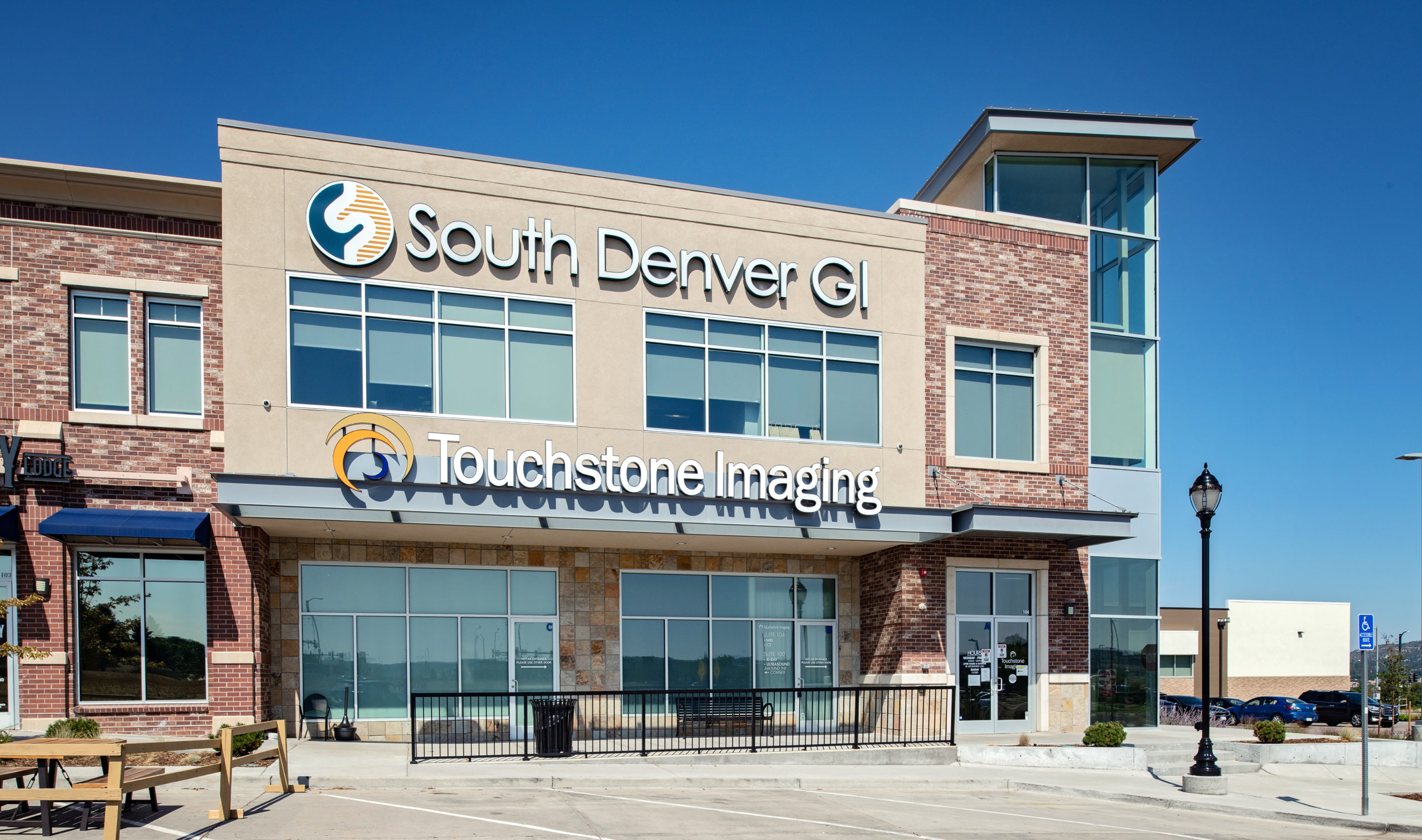What is Portal Hypertension?
Portal hypertension occurs when there is an increase in pressure within the vein that carries blood from the digestive organs to the liver (the portal vein). This pressure is caused by a blockage in the flow of blood through the liver. The most common causes of portal hypertension are cirrhosis of the liver and thrombosis.
Common symptoms associated with portal hypertension include:
- Ascites, or a buildup of fluid in the abdomen.
- Gastrointestinal bleeding.
- Encephalopathy, or confusion caused by poor liver function and blood flowing away from your liver.
- A reduced level of platelets or white blood cells.
How is Portal Hypertension Diagnosed?
If you are experiencing symptoms associated with portal hypertension, your doctor may have you undergo various tests for diagnosis. These may include endoscopy, X-rays or lab tests. For more information regarding diagnosis, please contact our office today.
Portal Hypertension Treatment Options
In many cases, portal hypertension can be managed through a number of different treatments and techniques. Once bleeding has stabilized, the treatment option that is right for you will be prescribed based on your symptoms and how well your liver is working.
Medication
Medications to lower the pressure in enlarged veins in the esophagus or stomach may be prescribed, including beta-blockers or octreotide.
Endoscopic Therapy
There is a selection of endoscopic treatments that can be performed to manage a variceal hemorrhage, including banding and balloon tamponade. Banding is more commonly used and involves placing small elastic rings over the vein. The rings hinder blood supply to each varix. Balloon tamponade is used to control more severe bleeding by compressing the vein.
Shunting Procedures
Another way to control acute bleeding is through shunting procedures. There are two main shunting procedures performed for portal hypertension, including a nonsurgical transjugular intrahepatic portal systemic shunt (TIPSS), or surgical shunts.
Liver Transplantation
During this option, the diseased liver is replaced with a healthy donor liver. Liver transplantation is the only effective treatment for cirrhosis and portal hypertension.
Your South Denver GI Team
At South Denver GI, our team of physicians and advanced practice providers have the expertise to provide you with outstanding care. If you would like to learn more about Portal Hypertension or need to schedule an appointment at our office, contact us today!
View All Our Providers
Contact Us Today
For more information regarding portal hypertension, please contact South Denver GI today to schedule an appointment. We will be happy to answer any of your questions.
Contact UsRequest Appointment
Click on the Schedule Appointment button to schedule an appointment with your South Denver GI provider online. If you do not wish to use our convenient online scheduling tool, please fill out the form below and our team will contact you shortly.







